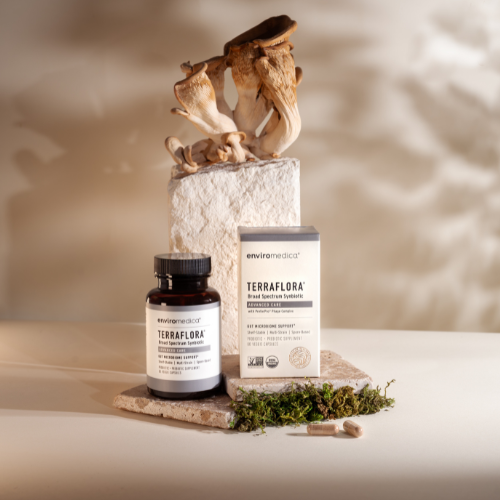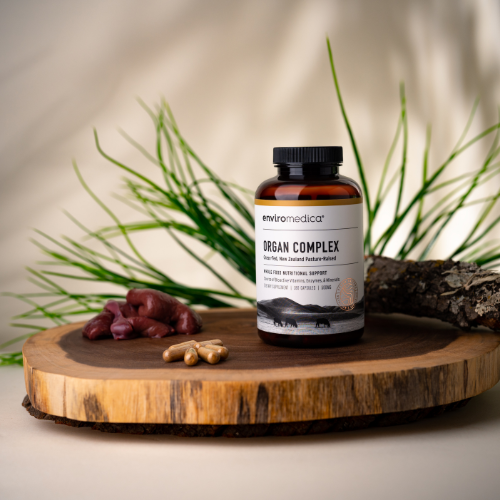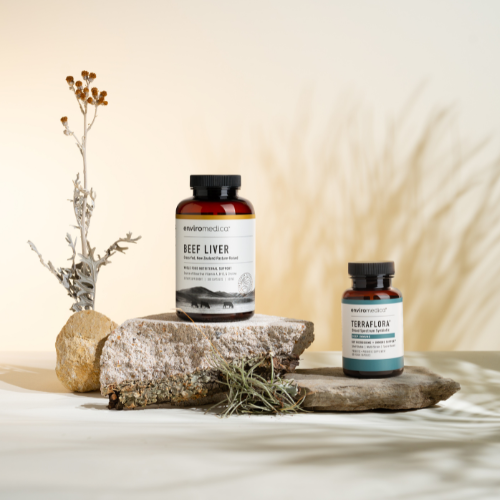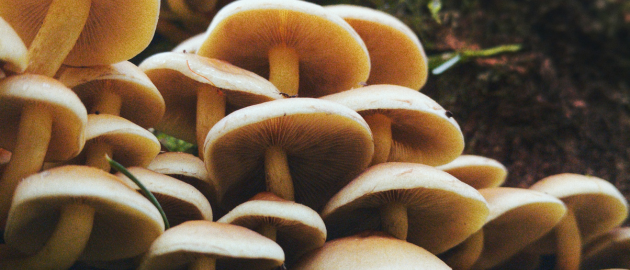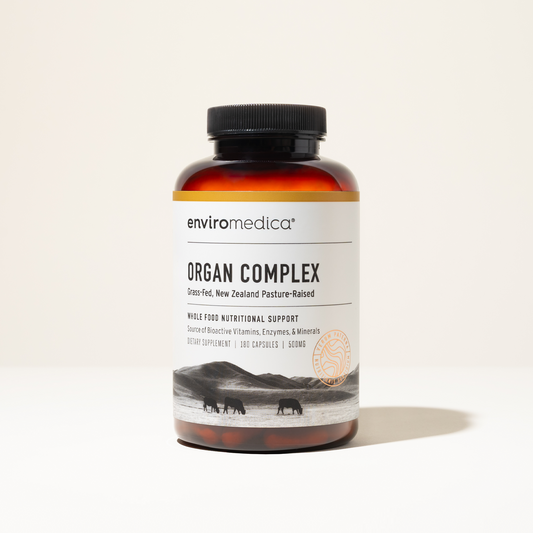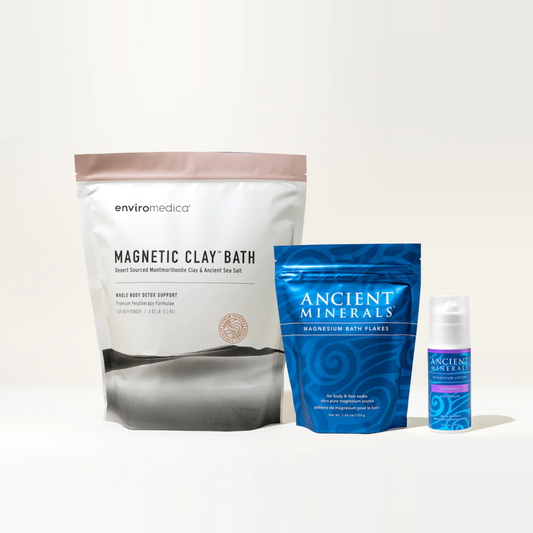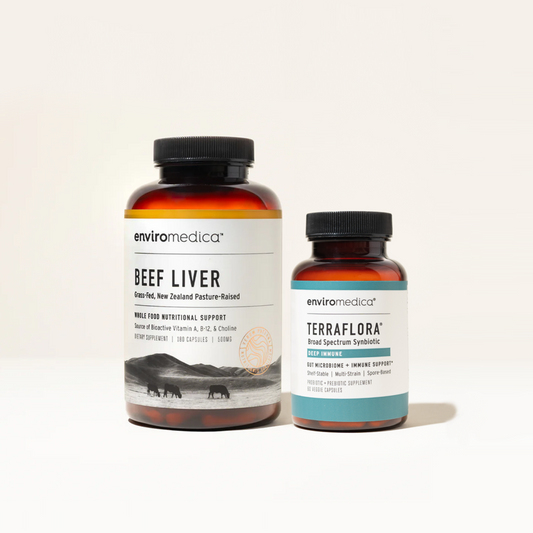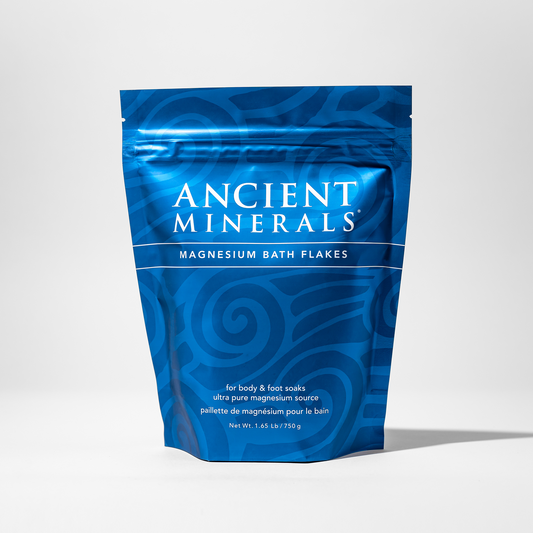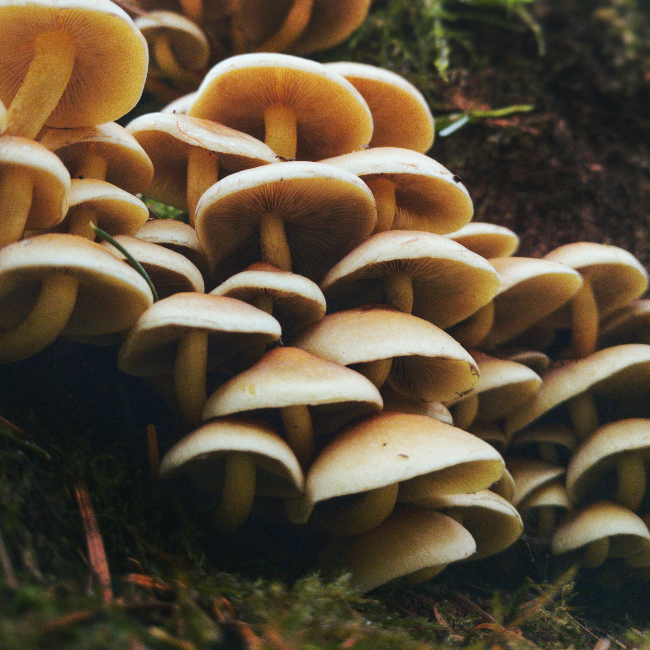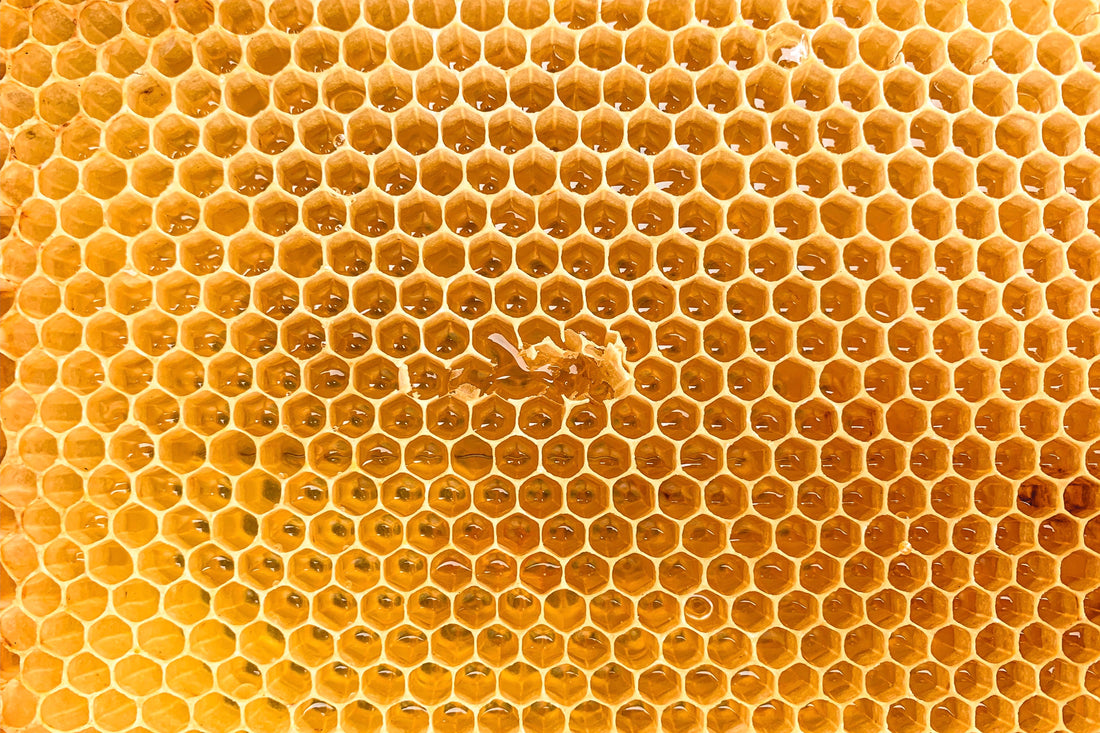Did you know that consuming wild, raw, local honey may offer a gradual desensitization to your seasonal allergies?
Bees pick up the pollen from their environment. This is the same local pollen that may be contributing to your seasonal allergies. When you go to an allergy clinic and get multiple shots, you are actually slowly building up your tolerance to the specific allergens contained in the shot itself. Each time you visit, you are injected with more of the allergen. In some cases the allergy can be alleviated altogether, and you stop reacting to that specific allergen.
Honeybees can offer this same benefit, without all the pricey shots!
It is important to consume raw, local honey because raw honey has not been treated, pasteurized, or processed in any way. When consuming raw honey, you reap the benefits of local pollen collected by the honeybees. No specific dosage of honey is proven to be the perfect amount, but a daily dose is preferred.
According to Mark Sisson of Mark’s Daily Apple:
The resulting honey can offer something of a therapeutic dose for gradual desensitization – much like an allergy shot. It’s important to start small (1/4 teaspoon daily – max) and work your way up to gradually build tolerance.”
Researchers in 2013 studied the role of honey in the treatment of allergic rhinitis (AR). They studied the complementary effect of ingestion of a high dose of honey vs. a placebo. Only the group that ingested honey showed a significant improvement in individual allergic rhinitis symptoms. The improvement persisted for a month after the cessation of the treatment. The researchers concluded that honey ingestion at a high dose improves the overall and individual symptoms of AR, and it could serve as a complementary therapy for AR1
Other than treating allergies, there are many other benefits to consuming raw local honey. Raw honey has been embraced by the ancestral community as a nutritious and natural sweetener. Honey contains antiviral and antibacterial properties. According to Chris Kresser, honey has been a staple in the human diet for many years.
[Honey’s] fructose to glucose ratio is similar to that of high fructose corn syrup, with about 38% fructose and 31% glucose (the rest being primarily water). Honey also contains enzymes and other proteins, trace minerals, flavonoids and other polyphenols.”
If you struggle with seasonal allergies, local raw honey may be a great option to include in your diet…with health benefits to boot, this is not a myth! Enviromedica also highly recommends soil-based probiotics to strengthen the immune system and prevent and asthma and allergies.
About the Author:
Kathryn is a functional nutritional therapist, author, editor, and mama of two boys. She enjoys spending her free time out in nature-hiking and fishing. You can find her at www.primalmusings.com and her book “Forties on Fire” can be found on Amazon.
References
- 1. Asha’ari, Zamzil Amin and Ahmad, Mohd Zaki and Wan Din, Wan Shah Jihan and Che Hussin, Che Maraina and Leman, Wan Ishlah, 2013. Ingestion of honey improves the symptoms of allergic rhinitis: Evidence from a randomized placebo-controlled trial in the East Coast of Peninsular Malaysia. Annals of Saudi Medicine, 33 (5). pp. 469-475. ISSN 0256-4947. Annsaudimed.net
